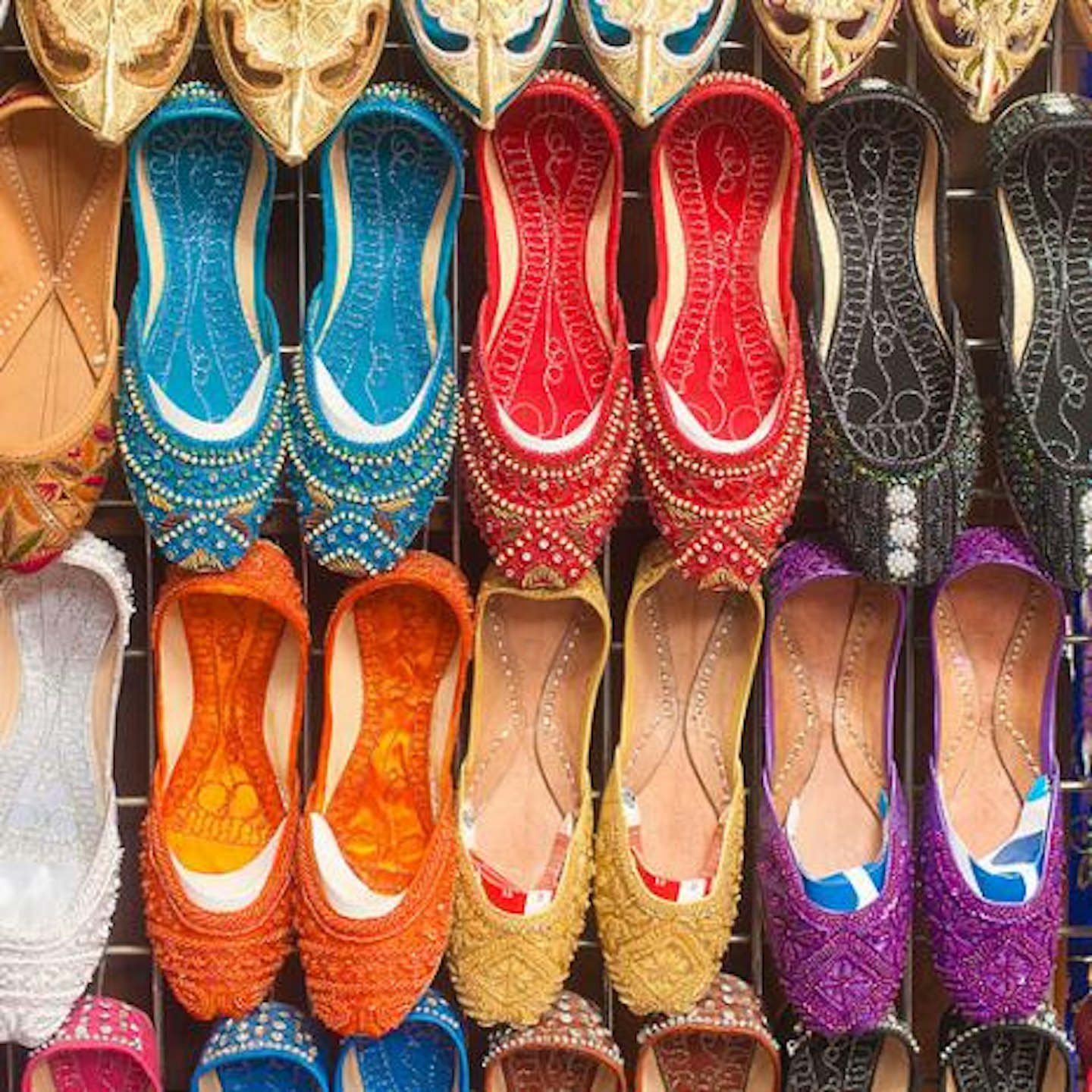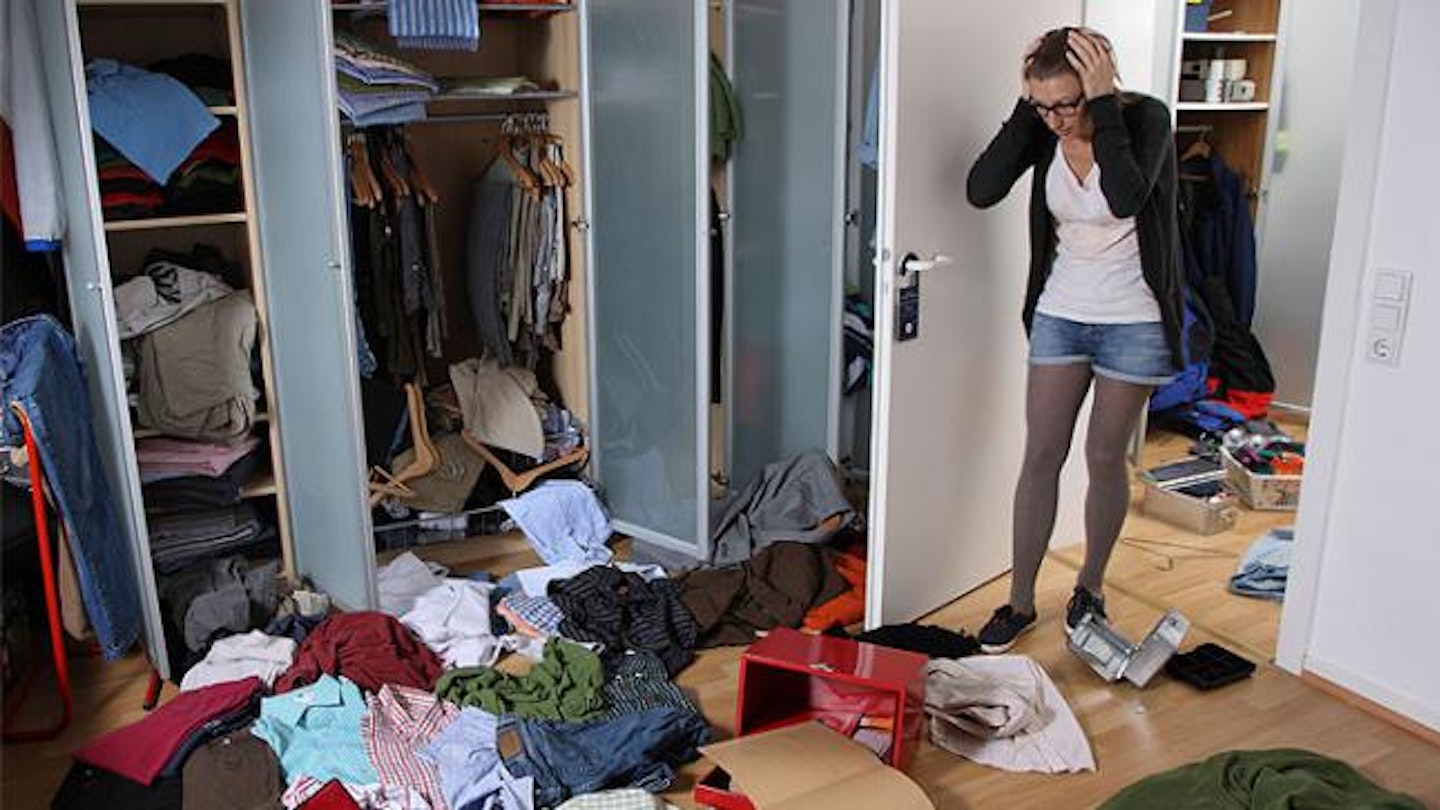In extreme cases it is also classed as a form of obsessive-compulsive disorder, leading to houses being classed a health hazard due to the extent of items their owners feel unable to part with.

Signs you are a hoarder
*Just in case
• You have 8 identical white t-shirts so old they have permanent sweat stains on them, because ‘you never know when they may come in handy’
Space
• Your clothes now take over your partner’s wardrobe, the attic, that handy space under the bed, and you’re considering using the kitchen draws
*
Nostalgia*
• You haven’t worn half of the shoes/ clothes/ belts since 1993 but they now hold ‘sentimental meaning’

You’ll wear it once you’ve shifted that pesky baby weight
• The baby is now 8 but you reason that fashion comes around every 10 years anyway
Disorganisation
• When you went through your paperwork draw looking for a takeaway menu, you found a C&A leaflet and a letter from your boyfriend. First every boyfriend that is.
Why do people hoard
Hoarding affects over 1.2million people in the UK alone.

A recent study showed that victims of the disorder have abnormal activity in regions of the brain involved in organisation and decision-making.
Psychologist Dr Tolin explains, "People with hoarding problems will often think of all kinds of ways that they could use something, or they think of people that might want that object. The irony, however, is that in most cases, they never actually use the object in the way they thought of."
How hoarding can affect you
In extreme cases involving a large build-up of items, it is a case of practicality, safety and hygiene.
However many of us are mild hoarders. In this instance it a simple case of wellbeing. Clear your clutter, clear your mind is the feng shui mantra.
Clutter ties us to the past and prevents us from moving forward, resulting in emotional clutter.
An environment that promotes harmony, clarity and freedom brings out the best in us and affords us the time and energy to focus on what really matters.

Take action
Much like a spring clean, why not set aside time for a de-clutter?
• If a whole day of clearing out seems too daunting, set aside an area every day that you plan to work on
• Start off by creating a ‘maybe’, ‘no’ and ‘charity’ pile
• Consider when the last time was you used/ wore the item and be realistic about whether you need it
• Go over the piles until the no/charity pile is the biggest
• If you’ve had it so long it shows, bin it
• Do a Carrie in Sex and the City and get your friends to help you decide
• Ceremoniously dispose of your many bin bags and feel the difference.
